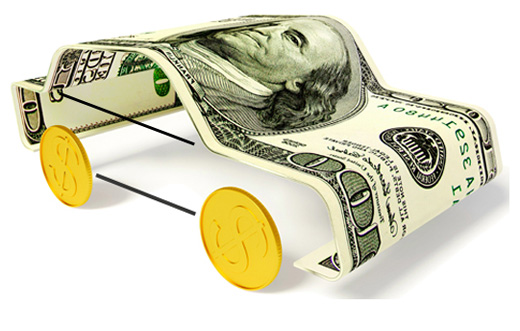Here’s a great article from our friends at CBC, originally posted on Oct 25, 2011.
10 Tips for Wise Credit Card Use
Following are 10 tips for wise credit card use, from the Financial Consumer Agency of Canada:
1. Know what you’re getting into. Read the terms and conditions of the legally binding contract carefully to understand how they apply and your responsibilities. Having a credit card doesn’t increase the amount of money you have available to spend. Continue to live within your means and your budget.
2. Set the goal to pay off your balance in full by the due date every month. Carrying a balance means that everything you charge to your credit card actually costs you more than the purchase price, because you are paying interest. And the longer you carry a balance, the higher the cost.
3. If you can’t pay your monthly balance in full and the outstanding balance is growing, you are spending more than you can afford and going further into debt. If you find yourself in this situation, stop using your credit card until you get your finances under control.
4. Since interest is charged daily, try to make payments as soon as you can to reduce your costs. Also, consider asking the financial institution that issued your card to lower your credit limit if you’re having trouble controlling your spending.
5. Avoid impulse buys, especially if you don’t have the money available in your bank account to pay for the item. Ask yourself if you really need to make that purchase right away (or at all), or if it can wait until you actually have the money to pay for it.
6. If your credit card has a rewards program, don’t increase your spending or buy things you don’t need just to get points.
7. Avoid taking a cash advance on your credit card. Unlike regular purchases, there is no grace period on cash advances from a credit card. You are charged interest from the day you take the advance until the day you repay the entire advance amount. Use your debit card instead if a merchant offers a “cash-back” option with your purchase or get cash from your account from your own financial institution’s ABM.
8. If you don’t have enough cash in your account, look at your budget to see where you can scale back your spending. Talk to your financial institution about your options if you need money for unexpected expenses. There may be alternatives to using your credit card that will cost less in interest, such as a line of credit.
9. Make regular payments to help build a good credit history. Paying the balance in every month will show other lenders that you are a responsible borrower.
10. Be aware of all the fees associated with your credit card. All federally regulated financial institutions have to include an information box in the credit card application, the credit agreement or a related document that comes at the same time. The information box has to highlight key information such as fees and the interest rate.
[end of article]


